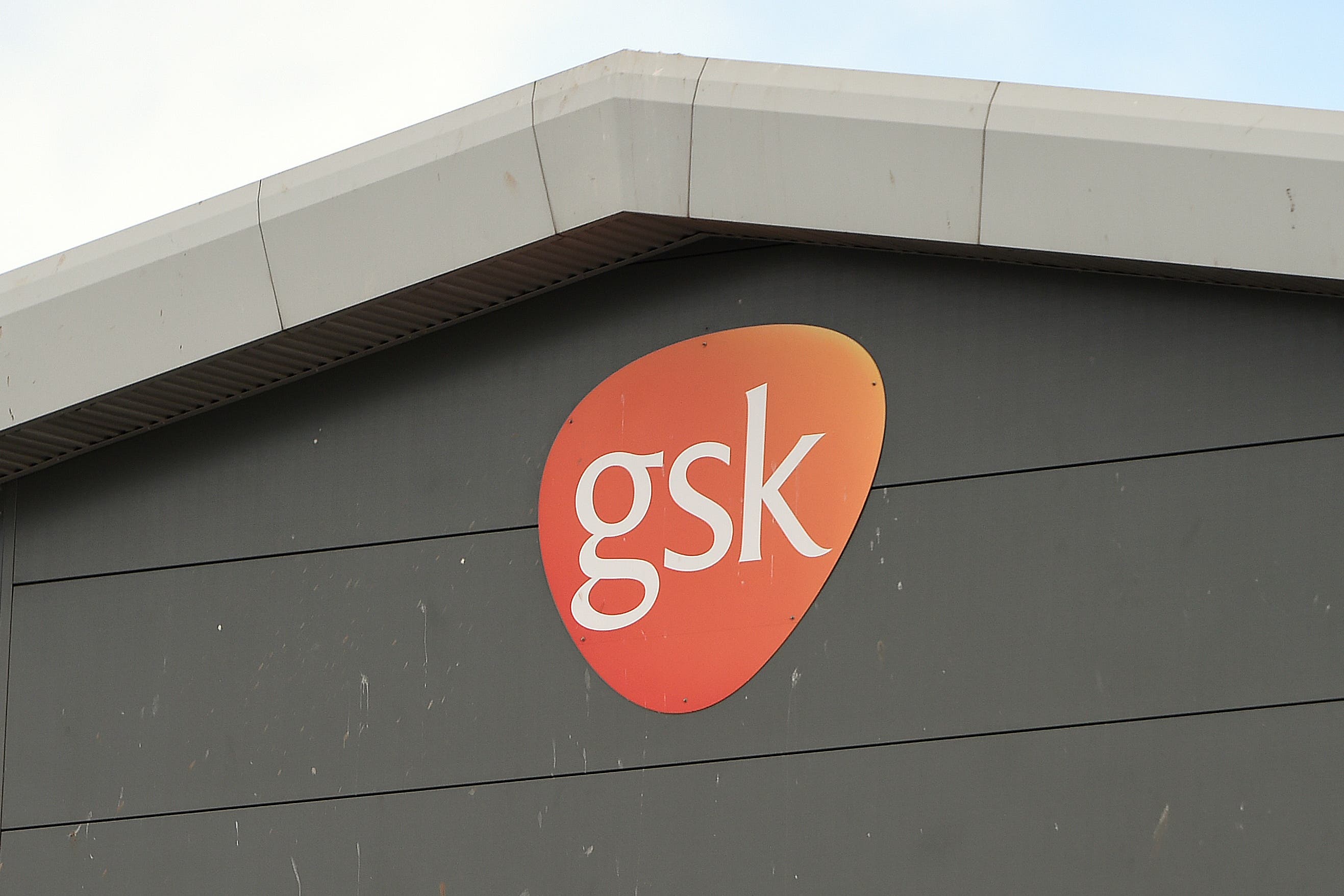GSK wins US personal injury case over Zantac use
Eighty-nine-year-old Illinois woman Angela Valadez had claimed the anti-heartburn medicine had caused her to develop cancer.

Your support helps us to tell the story
From reproductive rights to climate change to Big Tech, The Independent is on the ground when the story is developing. Whether it's investigating the financials of Elon Musk's pro-Trump PAC or producing our latest documentary, 'The A Word', which shines a light on the American women fighting for reproductive rights, we know how important it is to parse out the facts from the messaging.
At such a critical moment in US history, we need reporters on the ground. Your donation allows us to keep sending journalists to speak to both sides of the story.
The Independent is trusted by Americans across the entire political spectrum. And unlike many other quality news outlets, we choose not to lock Americans out of our reporting and analysis with paywalls. We believe quality journalism should be available to everyone, paid for by those who can afford it.
Your support makes all the difference.Pharmaceutical giant GSK has won a potentially expensive personal injury case in the US over its heartburn medicine Zantac.
Angela Valadez, an 89-year-old woman living in the state of Illinois, claimed that prolonged use of Zantac caused her to develop colon cancer.
But a jury on Thursday determined that the medication was not responsible, and the judge rejected her request for 640 million dollars (£503 million) in damages.
The decision is the latest in a long-running saga surrounding Zantac, which is the brand name for the drug ranitidine.
The product reduces the amount of acid the stomach makes, and was used to treat indigestion, heartburn and acid reflux.
This outcome is consistent with the scientific consensus that there is no consistent or reliable evidence that ranitidine increases the risk of any cancer
Zantac was a best-seller in both the UK and US after its approval in the early 1980s.
It was the first drug to achieve so-called blockbuster status by generating more than one billion dollars in revenue.
But in 2019 a laboratory in Connecticut reported that it had found “extremely high levels” of NDMA when it heated ranitidine.
NDMA is a substance found in cigarettes and processed foods, and is thought to increase the risk of developing cancer.
The drug was discontinued in the UK and the US as a precaution the next year.
GSK has pointed to subsequent research by the US Food and Drug Administration and the European Medicines Agency which has failed to find a causal link between the drug and cancer.
But Ms Valadez’ case is one of the first trials among tens of thousands of similar lawsuits filed against companies that made Zantac, including Sanofi and Pfizer.
GSK said in a statement: “This outcome is consistent with the scientific consensus that there is no consistent or reliable evidence that ranitidine increases the risk of any cancer, supported by 16 epidemiological studies looking at human data regarding the use of ranitidine.
“GSK will continue to vigorously defend itself against all other claims.”